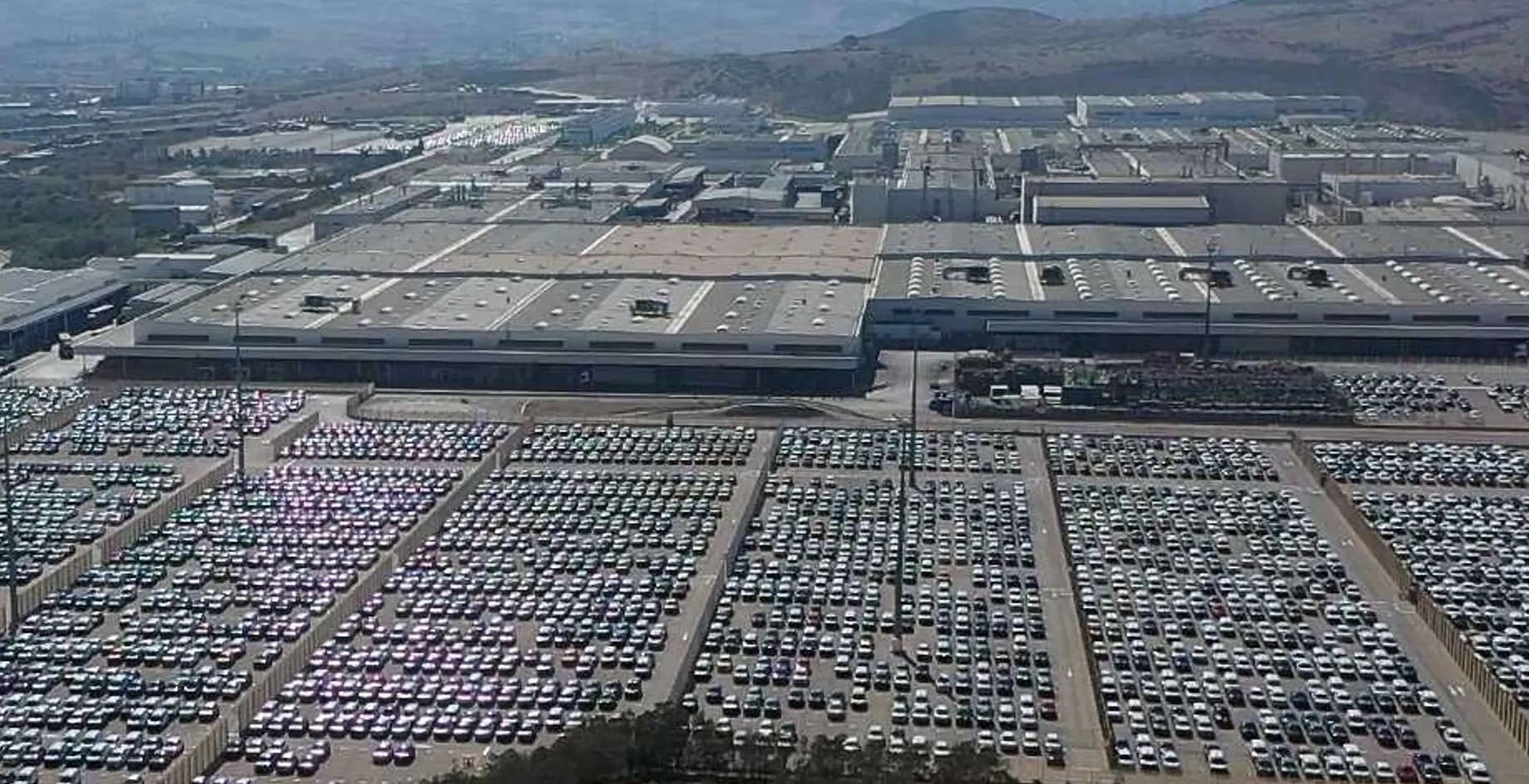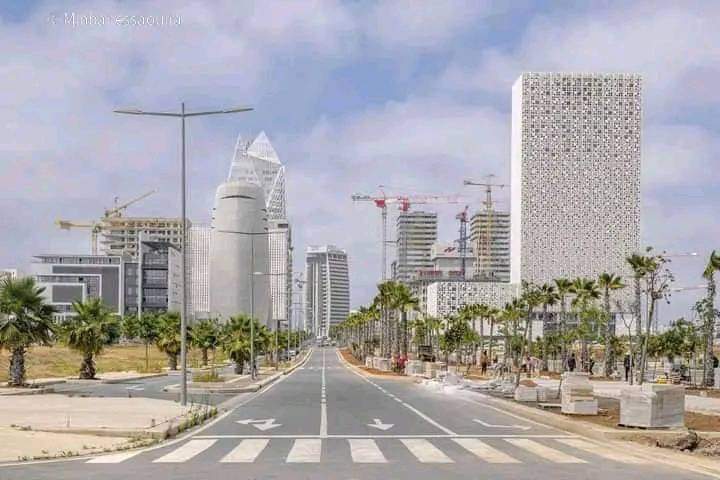Casablanca – A recent report by the Moroccan Observatory for Micro, Small, and Medium Enterprises, in collaboration with the World Bank, provides an in-depth look at Morocco’s entrepreneurship landscape, revealing both strengths and significant challenges. The report highlights a high density of newly registered businesses, with small enterprises dominating the national economy, but it also raises concerns about the overall growth and productivity of the sector.
High business registration rates
The report, titled “Unleashing the Potential of Morocco’s Private Sector: An Analysis of Business Dynamics and Productivity,” found that 88% of registered businesses in Morocco are small enterprises. In 2022, business creation reached a notable density of 3 new businesses per 1,000 inhabitants, reflecting a steady flow of entrepreneurial activity.
These figures suggest a dynamic entrepreneurial environment in terms of numbers, but the report warns that the sheer volume of registrations does not necessarily translate into significant economic growth or job creation.
Small businesses dominate the register
The data indicates that large companies make up only 0.5% of the overall entrepreneurial register, leaving the Moroccan economy heavily reliant on small enterprises. This overwhelming dominance of small businesses highlights both an opportunity and a limitation: while entrepreneurship is widespread, it is primarily concentrated among smaller entities that often struggle to grow beyond their initial stages.
Challenges in sustaining growth
Despite the increase in business registrations, the report also pointed out critical issues related to growth and productivity. Many businesses face challenges in scaling, with a significant number stagnating after just five years of operation. According to the study, only 53% of businesses that survive past five years’ experience meaningful productivity growth, and even then, their growth is often limited.
Javier Diaz-Caso, Chief Economist at the World Bank in Morocco, explained that market distortions and inefficient resource allocation are preventing the most productive companies from thriving. As a result, many businesses in Morocco’s register remain small and struggle to contribute meaningfully to the country’s economic growth and job creation efforts.
Entrepreneurial density doesn’t reflect actual activity
While the entrepreneurial register shows an increase in business activity, the report cautions that this density can be misleading. A significant portion of these registered businesses may be inactive or struggling to maintain operations, giving an inflated impression of the country’s entrepreneurial health.
Amal Idrissi, Director of the Moroccan Observatory, emphasized that the methodology used in this report allowed for a more precise analysis of the business register, comparing Morocco’s situation to other similar economies. The findings show that while the numbers look promising, real progress in terms of productivity and growth is limited.
Opportunities for improvement
The report concludes that, despite the challenges, there are clear opportunities for improvement. By addressing market inefficiencies and providing more support to businesses with high growth potential, Morocco can unlock the full potential of its entrepreneurial ecosystem. This would not only boost productivity but also create more structured and formal job opportunities, contributing to the country’s broader development goals.
The entrepreneurship register in Morocco, though robust in terms of numbers, highlights the need for reforms aimed at helping businesses grow and thrive beyond their early stages, ensuring they contribute more effectively to economic progress.
















